Господдержка предприятий-производителей строительных материалов


ООО «Сибирское стекло» («Сибстекло», крупнейший производитель стеклотары за Уралом, партнер национальных проектов России, актив РАТМ Холдинга) завершило ввод в эксплуатацию второй очереди технологического комплекса по обработке стекольных отходов, производительность которой составляет 72 тыс. тонн вторичного сырья в год. Тем самым, годовая мощность предприятия для подготовки стеклобоя к утилизации выросла в 2,2 раза – до 132 тыс. тонн.
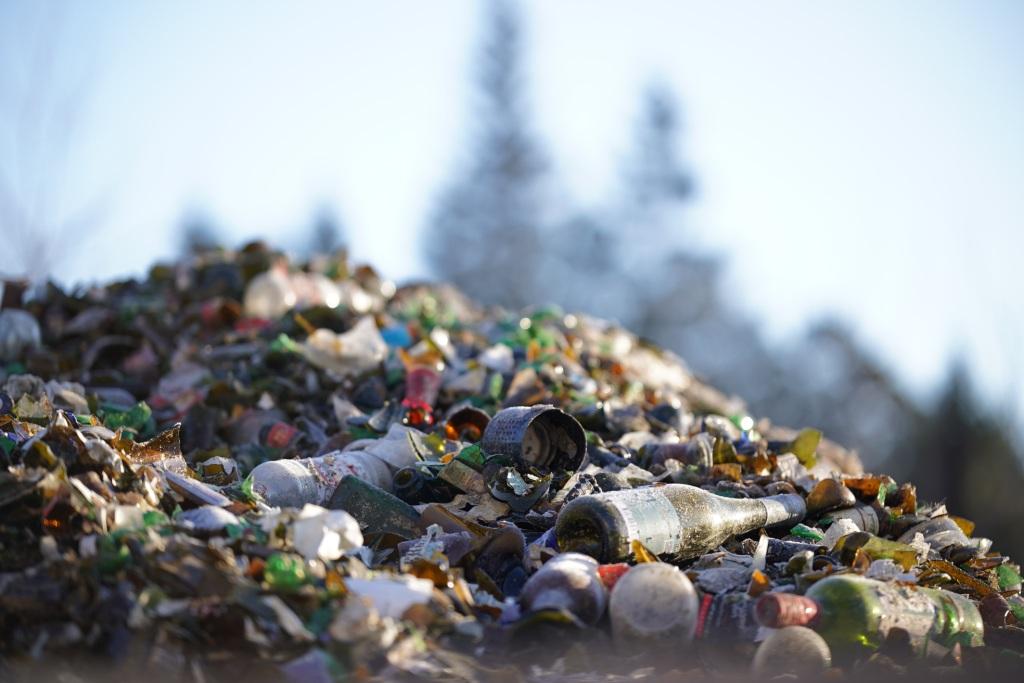
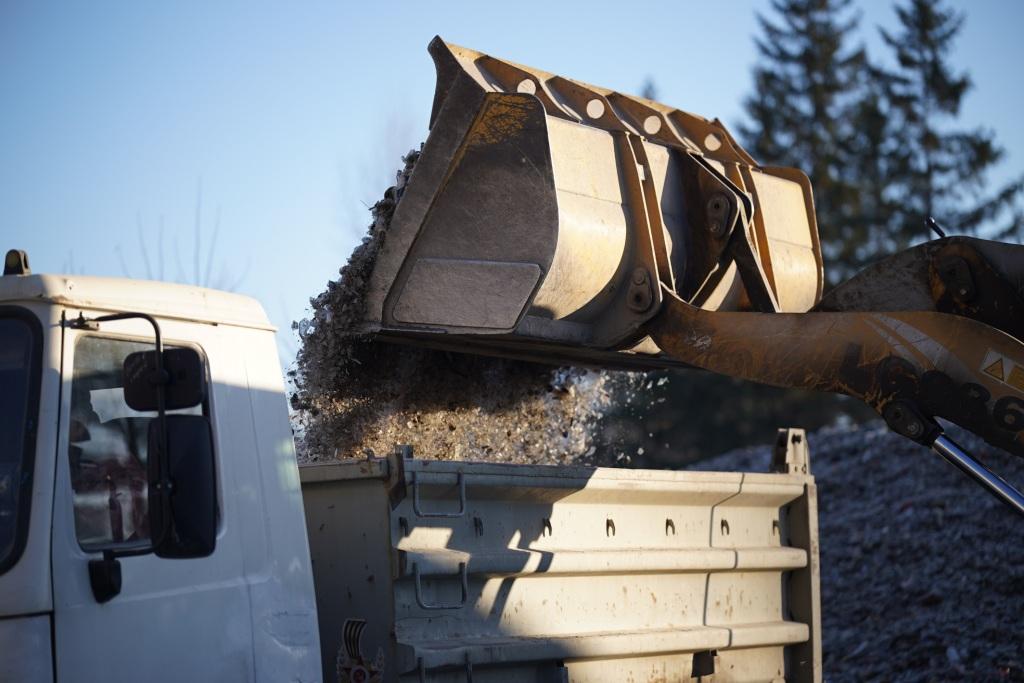
В церемонии запуска приняли участие заместитель губернатора Новосибирской области Олег Клемешов, министр промышленности, торговли и развития предпринимательства Новосибирской области Андрей Гончаров, начальник департамента инвестиций, потребительского рынка, инноваций и предпринимательства мэрии города Новосибирска Александр Морозов, глава администрации Центрального округа по Железнодорожному, Заельцовскому и Центральному районам города Новосибирска Владимир Захаров.
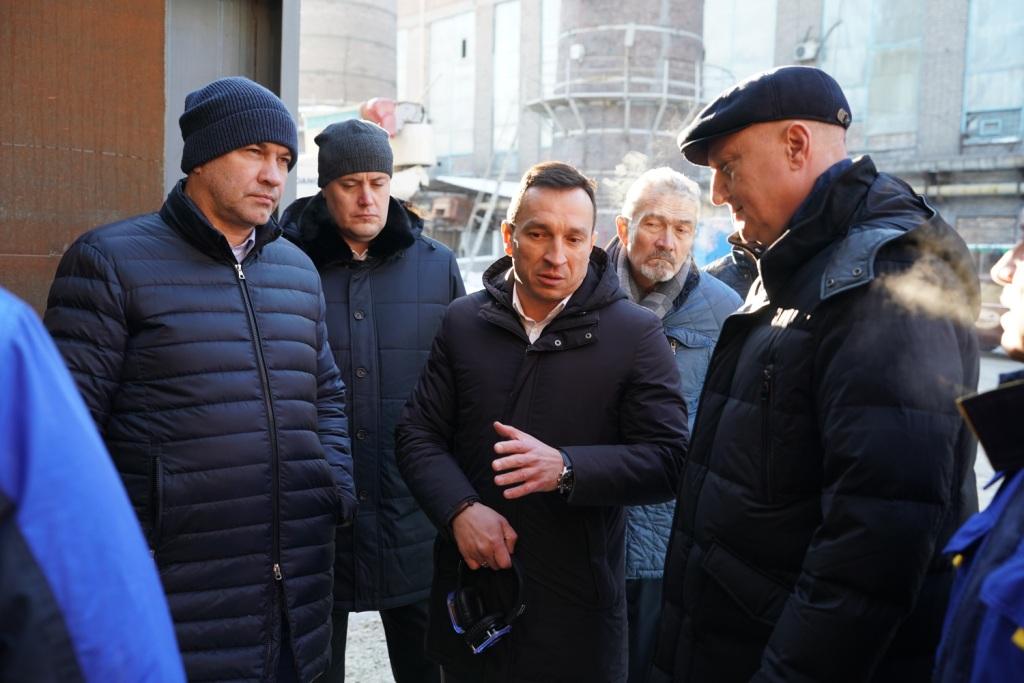

Замещая минеральные компоненты стеклоотходами, на заводе улучшают качество стекла, уменьшают энергопотребление, как следствие, эмиссию углекислого газа, а кроме того, продляют срок работы стекловаренных печей, снижают темпы истощения полезных ископаемых и долю захоронения ТКО на полигонах, откуда, в основном, и поступает на предприятие стеклобой. Его необходимо обработать, чтобы привести в соответствие требованиям стекловаренного производства.
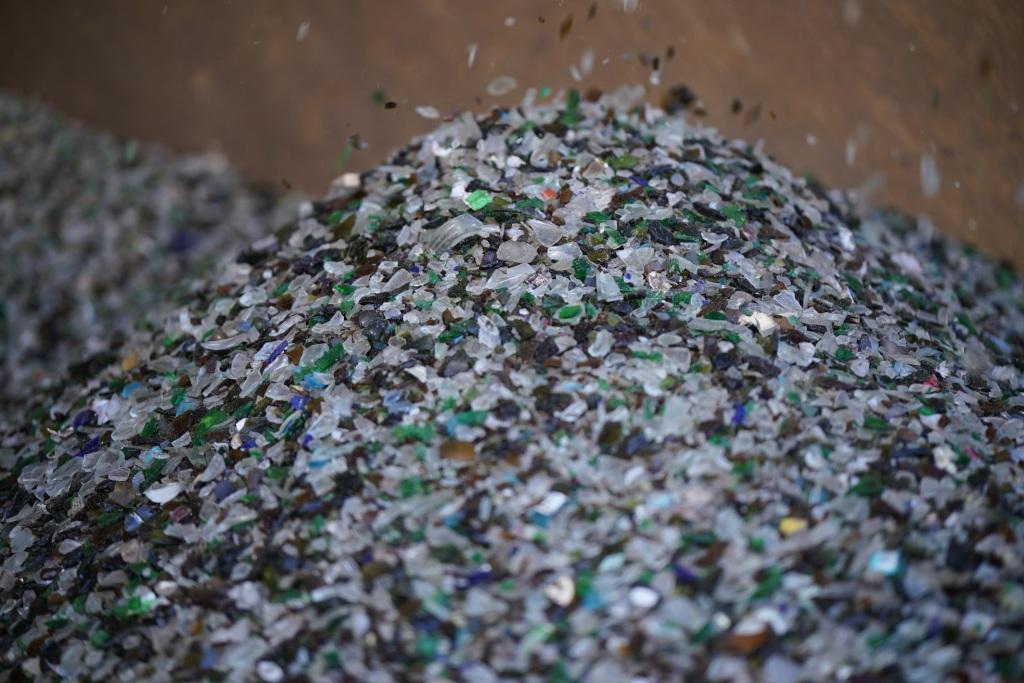
Напомним, первую очередь технологического комплекса – две линии, обрабатывающие 60 тыс. тонн вторсырья в год, запустили в марте 2023 года. Как сообщил генеральный директор «Сибстекла» Антон Мор, на двух новых линиях в рамках второй очереди также осуществляют дробление, грохочение и магнитную сепарацию стеклоотходов для удаления железных элементов.
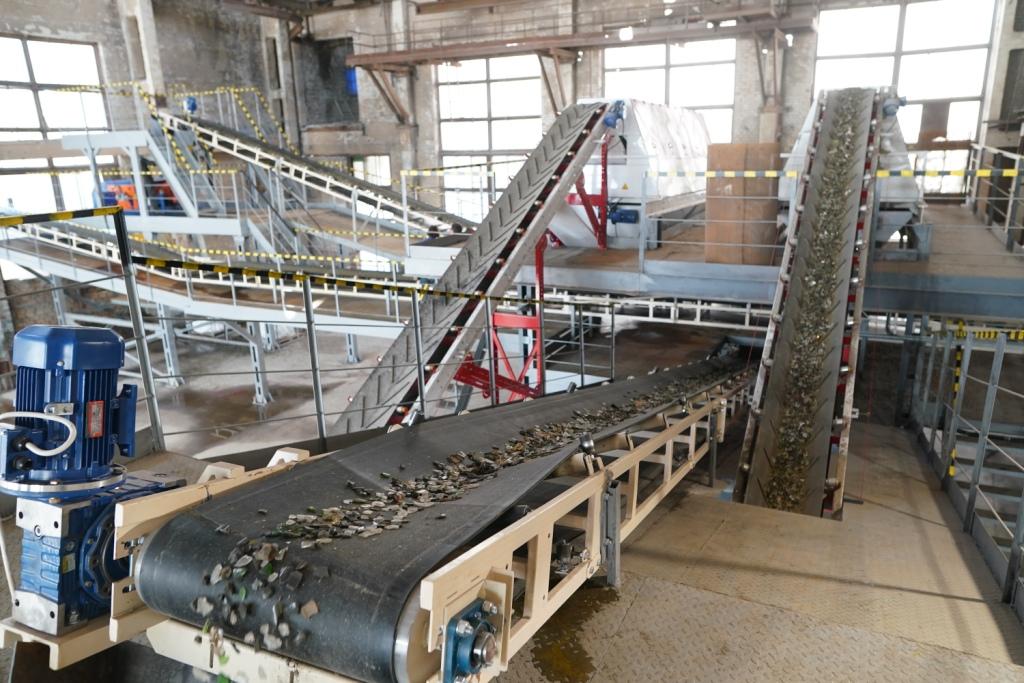
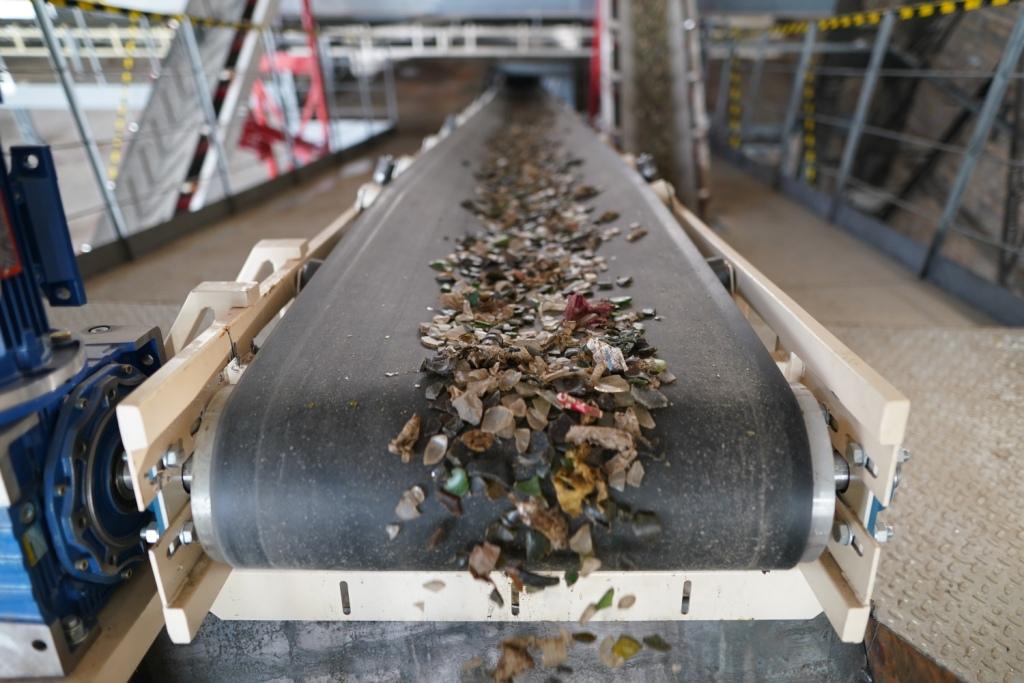
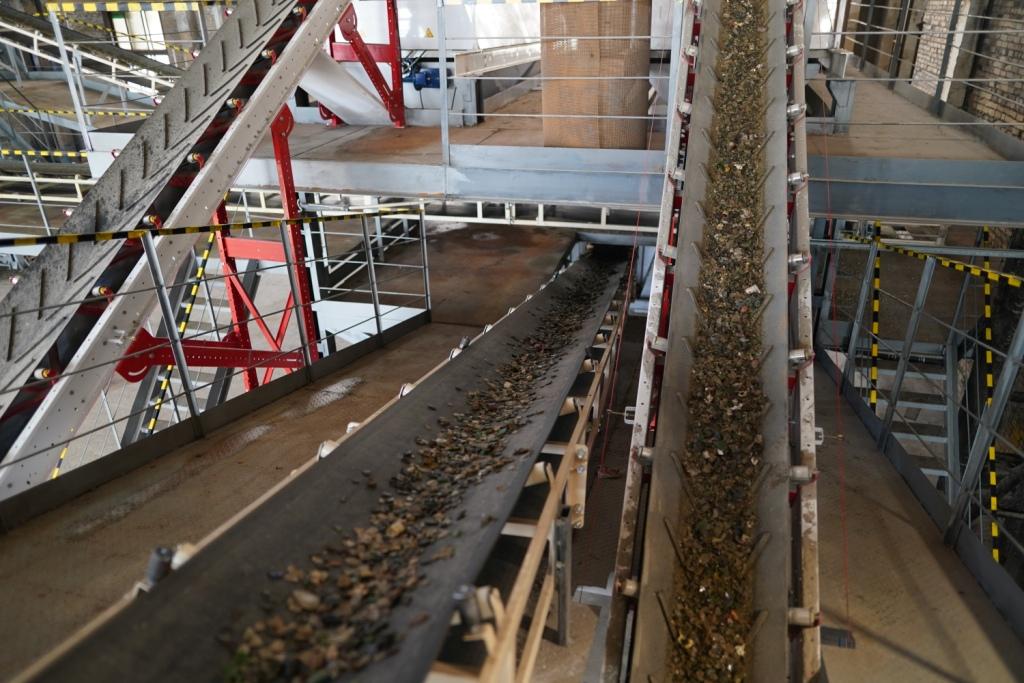
– Наши специалисты нашли оптимальное инвестиционное решение: общая стоимость оборудования составила 25 млн рублей, – уточнил Антон Мор. – Предусмотрено дооснаснащение техкомплекса оптическими и вихретоковыми сепараторами для разделения стеклоотходов по цвету, очищения от цветных металлов и неметаллических включений.
К настоящему времени, благодаря усилиям ООО «Чистая страна» (занимается сбором стеклоотходов в интересах «Сибстекла»), доля стеклобоя в составе сырьевой смеси для изготовления бесцветной стеклотары увеличилась до 35 %, для производства коричневой бутылки используют уже до 60 % вторсырья. Задача – повысить общий показатель до 80 %.
По оценке Олега Клемешова, возможность для роста у предприятия есть:
– Это будет самый лучший результат в Российской Федерации, даже за границей такое количество стеклоотходов применяют не везде. Утилизация ТКО в Новосибирской области развивается, только на правобережном полигоне Новосибирска могут ежемесячно выбирать порядка 800 тонн вторичных материальных ресурсов.
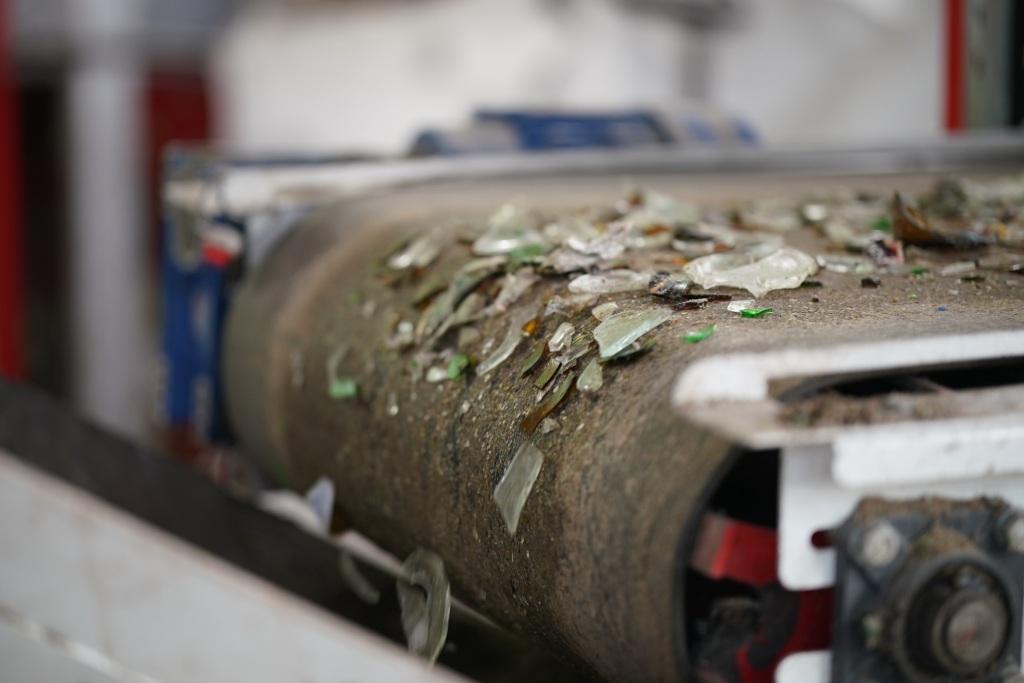
По словам директора «Чистой страны» Александра Мартынова, сегодня стеклоотходы на площадку поступают из Московской, Ярославской, Липецкой, Челябинской, Свердловской, Омской, Томской, Новосибирской, Кемеровской, Сахалинской и Амурской областей, Алтайского, Красноярского, Хабаровского и Приморского края, Республик Башкортостан и Бурятия.
Напомним, «Сибстекло» является участником соглашений, направленных на обеспечение устойчивых потоков ТКО, с органами исполнительной власти Томской и Иркутской областей, Алтайского края, Минпромторгом Новосибирской области и компанией AB InBev Efes. Подписано стратегическое соглашение с ППК «Российский экологический оператор» о взаимодействии в рамках строительства экопромышленного парка в Новосибирской области.
Как полагает Антон Мор, развитие обрабатывающих мощностей должно быть подкреплено наличием стабильных объемов стекольных отходов, в первую очередь, из регионов Сибирского федерального округа.
– Локализация поставок позволит сформировать разумную стоимость вторичных ресурсов, учитывая расходы на доставку, и сократить транспортный след, – комментирует Антон Мор. – На «Сибстекле» готовы рассматривать варианты участия в создании инфраструктуры первичной сортировки ТКО. Для компаний-сборщиков это повысит ликвидность стеклобоя, в свою очередь стекольный завод получит стеклоотходы лучшего качества, что расширит возможности их вовлечения в хозяйственный оборот.